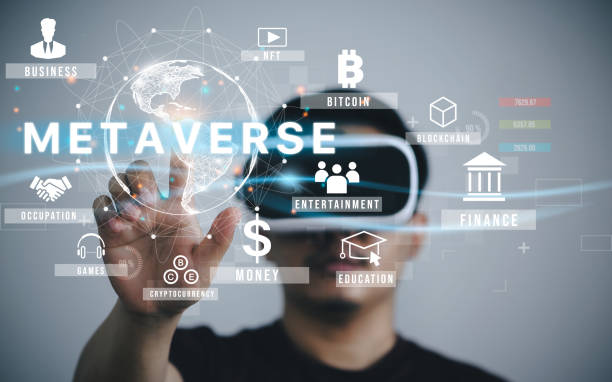Blockchain internet, also known as Web3 or the decentralized web, is a new version of the internet that is built on top of blockchain technology. Unlike the current internet, which is centralized and controlled by a few large corporations, blockchain internet is decentralized, meaning that no single entity has control over it.
In blockchain internet, data is stored on a network of computers, rather than on a centralized server, which makes it more secure and less susceptible to hacking or censorship.
Transactions are recorded on a public ledger that is verified by a network of users, and smart contracts can be used to automate processes and enforce agreements.
Blockchain internet has the potential to revolutionize many industries, from finance to healthcare to supply chain management.
It could enable peer-to-peer transactions without the need for intermediaries, create new forms of digital identity and privacy protection, and provide more transparency and accountability in various areas of business and government.
One of the most well-known blockchain internet platforms is Ethereum, which enables developers to build decentralized applications (dApps) on top of its blockchain. These dApps can range from decentralized finance (DeFi) platforms to social media networks to gaming platforms.
Another important aspect of blockchain internet is the use of cryptocurrencies, which are digital assets that can be used for transactions on the network.
Bitcoin is the most well-known cryptocurrency, but there are many others, including Ether (the cryptocurrency used on the Ethereum network) and various stablecoins that are pegged to the value of fiat currencies.
Overall, the blockchain internet is still in its early stages of development, but it has the potential to fundamentally change the way we interact with the internet and with each other.
It could enable greater privacy, security, and autonomy for individuals, as well as more efficient and transparent systems for businesses and organizations.

